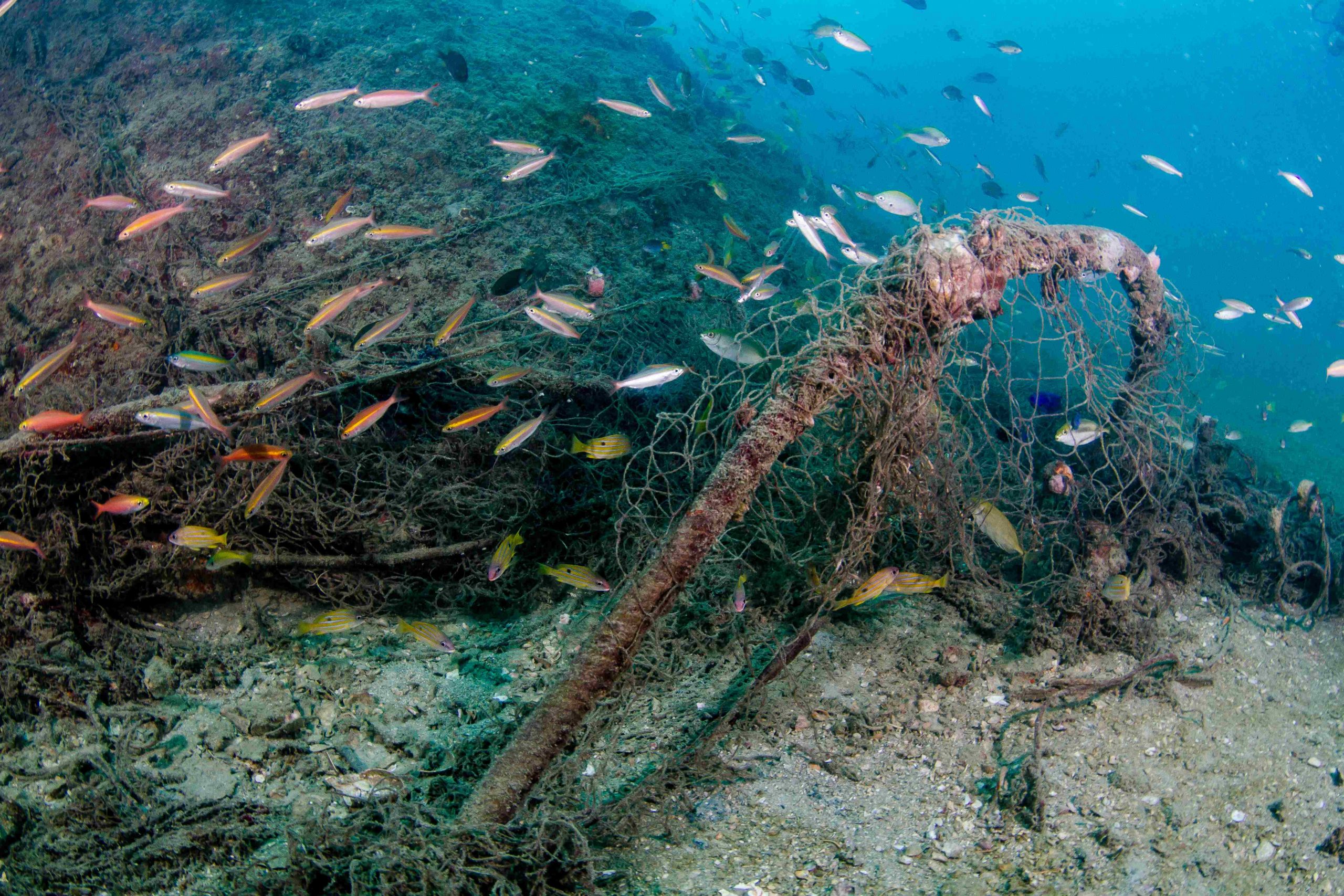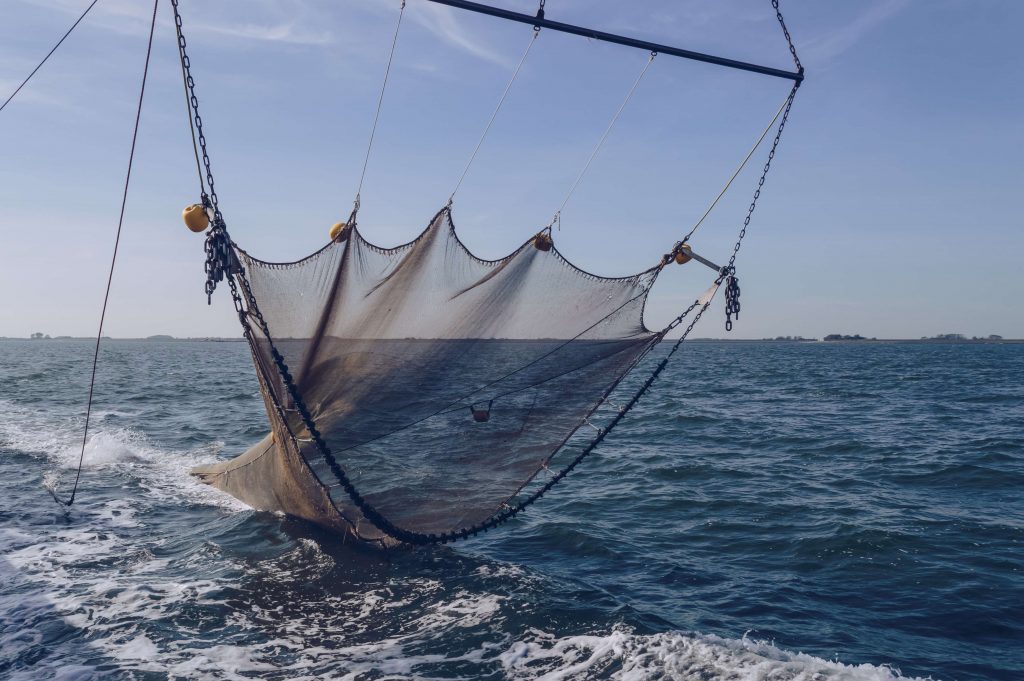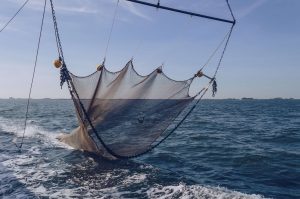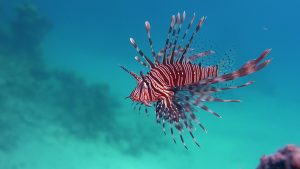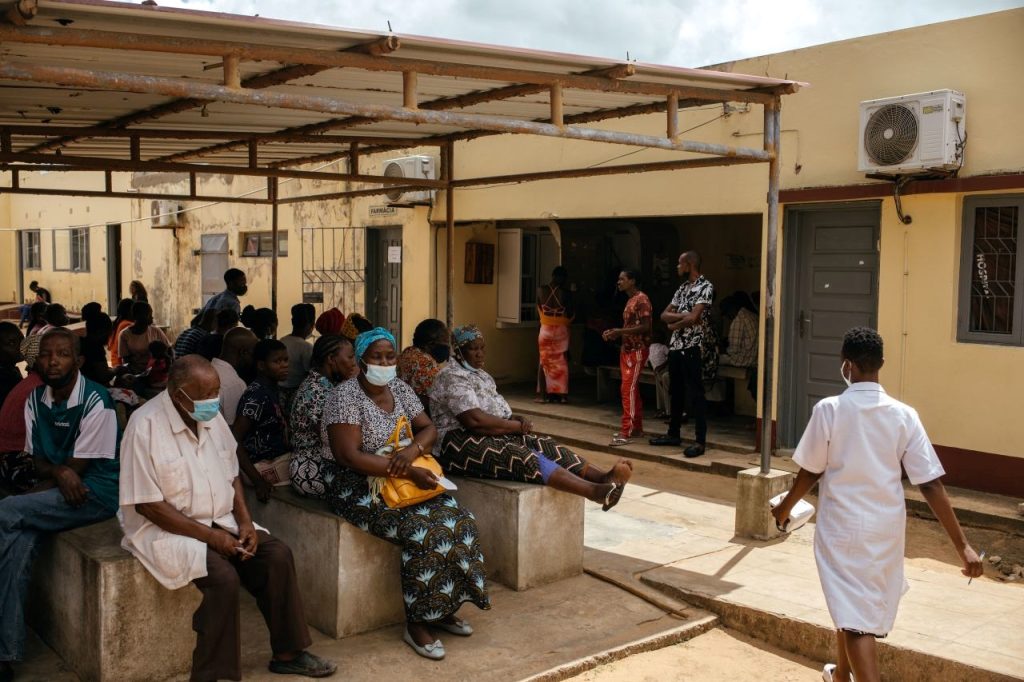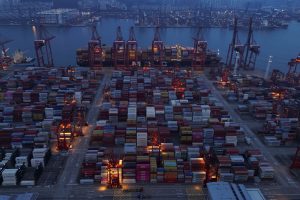Greece is making slow progress on its marine conservation promises, according to a report from the observatory – weseayou, the country’s first independent monitoring mechanism for Marine Protected Areas (MPAs).
The report tracks Greece’s implementation of eight key commitments announced at the 9th Our Ocean Conference, held in Athens in April 2024, and assesses the country’s compliance with EU environmental obligations. It paints a troubling picture: just 15% of national MPA commitments have been implemented, while compliance with EU rules on conservation measures and maritime spatial planning stands at 10% and 5% respectively.
Among the most critical delays is the ban on bottom trawling in MPAs—a destructive fishing method that severely damages seabed ecosystems. No official steps have been taken. Similarly, Greece has failed to begin habitat mapping or implement protection systems for endangered sea turtles.
Although efforts to expand the MPA network to cover 32% of national waters have begun, the report flags the conflicting launch of hydrocarbon exploration near a proposed park in the Ionian Sea.
Meanwhile, the development of a national monitoring and surveillance system is more advanced, thanks to Recovery and Resilience Facility funding and a partnership with Global Fishing Watch and the A.C. Laskaridis Foundation.
The Observatory – a joint initiative by WWF Greece, Greenpeace, and VouliWatch – is backed by major environmental groups, including Blue Marine Foundation and MEDASSET. Its findings highlight Greece’s chronic failure to meet EU obligations. The country was convicted by the European Court of Justice in both 2020 and 2025 for failing to establish proper conservation plans and maritime spatial strategies.
With time running out to meet the 2030 biodiversity targets, environmental groups are calling for urgent action. “Greece’s seas are at risk. It’s time to turn commitments into reality,” the report concludes.
